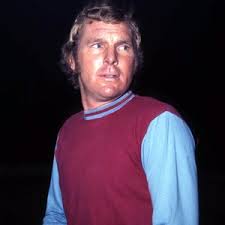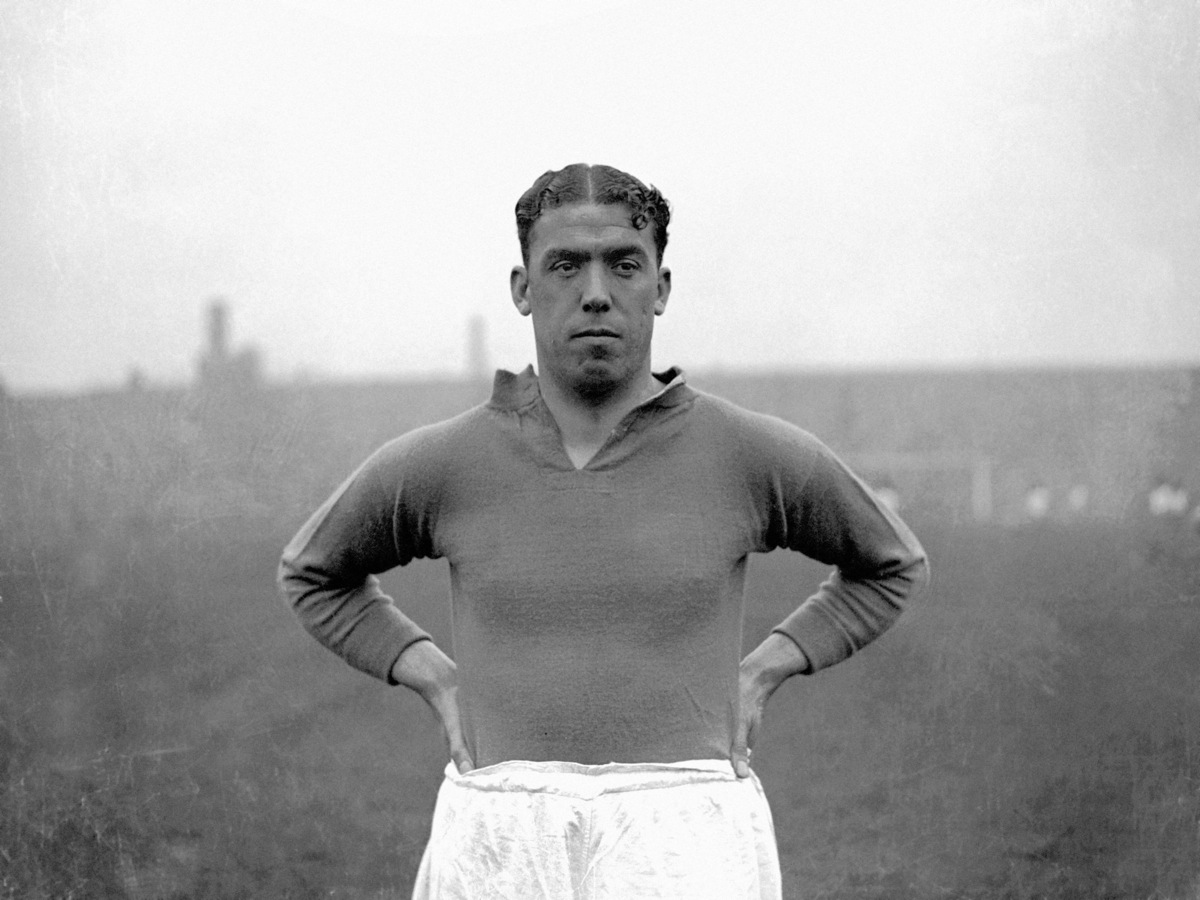
Legendary Football Players: William "Dixie" Dean
109. William “Dixie” Dean
One of the greatest goalscorers in the history of the English game, William Dean (often known as Dixie, a nickname he hated) was born in Birkenhead in 1907 and began his career with local side Tranmere Rovers in the Third Division (North). With his goalscoring record in the 1924-25 season equally one every game, he attracted the attention of Tranmere's more illustrious local rivals Everton and moved across the River Mersey to begin his top flight career early in 1925.
Overcoming a career threatening motorcycle accident in 1926, Dean established himself as one of the most prolific goalscorers in the First Division and by early 1927 achieved international recognition for the first time. He would go on to score more than a goal per game for the national team, with 18 in just 16 appearances for England. He won his first domestic honour in 1928 with the league title coming to Everton, thanks in large part to his astonishing record of 60 league goals in the season, a record which stands to this day. Remarkably, the previous record of 59 had been set just one year earlier and Dean scored three times in the last game of the season to break the record.
Everton were surprisingly relegated from the First Division in 1930 but Dean remained with the club and helped them to promotion at the first attempt, and then on to another league title in their first season back at the top level in 1931-32 when he was again the league's leading goalscorer. A year later, he won his only F.A. Cup winner's medal after scoring in the final against Manchester City. Although he won no more major honours, by the time he left Everton in 1938 he had scored 310 goals in the First Division, one of only three men to break the 300 barrier in England's top division.
Having dropped down to the Third Division (South) to play for Notts County, Dean moved on again in 1939 to play in Ireland for Sligo Rovers, where again he scored an average of a goal per game in helping the club to reach the Cup Final, which they narrowly lost after a replay. After retiring from the game, Dean ran a pub in Chester. He died of a heart attack in 1980, at Everton's home ground of Goodison Park where he had been watching a match against local rivals Liverpool. A statue of Dean was later built outside the stadium.

Search My Football Facts & Stats
Web site designed & hosted by Paul Yarden © 2013 at Homestead™